Episode 50: Kevin Rose | About that TED Talk… | Click to Listen
You can subscribe to this podcast from any podcast player by typing "After On" in the search window. If you're on an iPhone and use Apple's podcast software, just click here, If you're on a computer, click on that same link – then click the blue “View on iTunes” button (under the After On image on the left side of the page), then click “Subscribe” (in similar location) in the iTunes window.
After On Podcast #50: About That TED Talk...
Today, a talk I recently gave at TED's annual conference (with roughly 11 days notice!) went live on the front page of TED's site. The subject is a certain things I believe could go disastrously wrong with synthetic biology (synbio) – a domain which, as regular listeners know, I essentially revere! Podcaster, serial entrenpreneur, and top tech investor Kevin Rose was in the audience, and he interviewed me about the talk for his own podcast.
Kevin Rose
Kevin was kind enough to let me post that interview to my own podcast feed - which I’ve done, along with a brief intro/outro of my own, including some updates, and information on some related resources. Here’s that TED talk by the way:
As mentioned in the talk, the initial wellspring of this talk was a four-part essay I wrote for Medium in the fall. Here are links to Part 1, Part 2, Part 3, and part 4.
My thinking about these subjects evolved further when I sat down for a long conversation with my friend Naval Ravikant, which I ended up posting to my podcast feed in two parts back in March. This interview led directly to my invitation to speak at TED. That talk is being serialized on Ars Techinca this week, along with a suite of seven accompanying articles, which will contextualize it. The first installment of that serialization is right here, and this is the longest article I myself have written about the TED talk (also on Ars).
If you’re interested in the broader theme of existential risks, I strongly recommend that you read The Vulnerable World Hypothesis - a challenging but brilliant paper by Nicholas Bostrom. If you’d like to learn more about synthetic biology in general (which REALLY DOES promise profoundly amazing things for humanity!), two great books are Regenesis by George Church, and A Crack in Creation by Jennifer Doudna.
And of course there a bunch of shows on this very podcast which collectively lay out the amazing potential of synthetic biology. The first was my interview with Andrew Hessel, which constitutes a broad overview of the field. Next came a great survey of personal genomics with Robert Green of the Broad Institute - a joint creation of Harvard and MIT.
I subsequently featured a sweeping interview with George Church - who is, without question, one of the world’s top bioengineers., Not long after that, Daniel Kraft joined me to talk about the incredible promise of Exponential Medicine writ large. Last summer, I sat down with Floyd Romesberg - the first person to actually ADD NEW LETTERS to the ancient 4-letter DNA code. That’s a mind-blowing conversation. As is my conversation about ancient DNA with Harvard’s David Reich, in which discuss our roots amongst Neanderthals, archaic humans, and others, and how they are documented in our own genomes.
In the fall, I talk to Stanford’s EJ Chichilnisky about his astounding work creating retinal prosthetics - which could literally bring sight to the blind (among other things!). Then in March, I sat down with MIT’s Ed Boyden to discuss the amazing neurotechnological tools he has invented or co-invented (such as optogenetics, and expansion microscopy).
However you do it, I urge you to learn more about synthetic biology. Although its abuses could present terrifying dangers, its promise is simply boundless.

